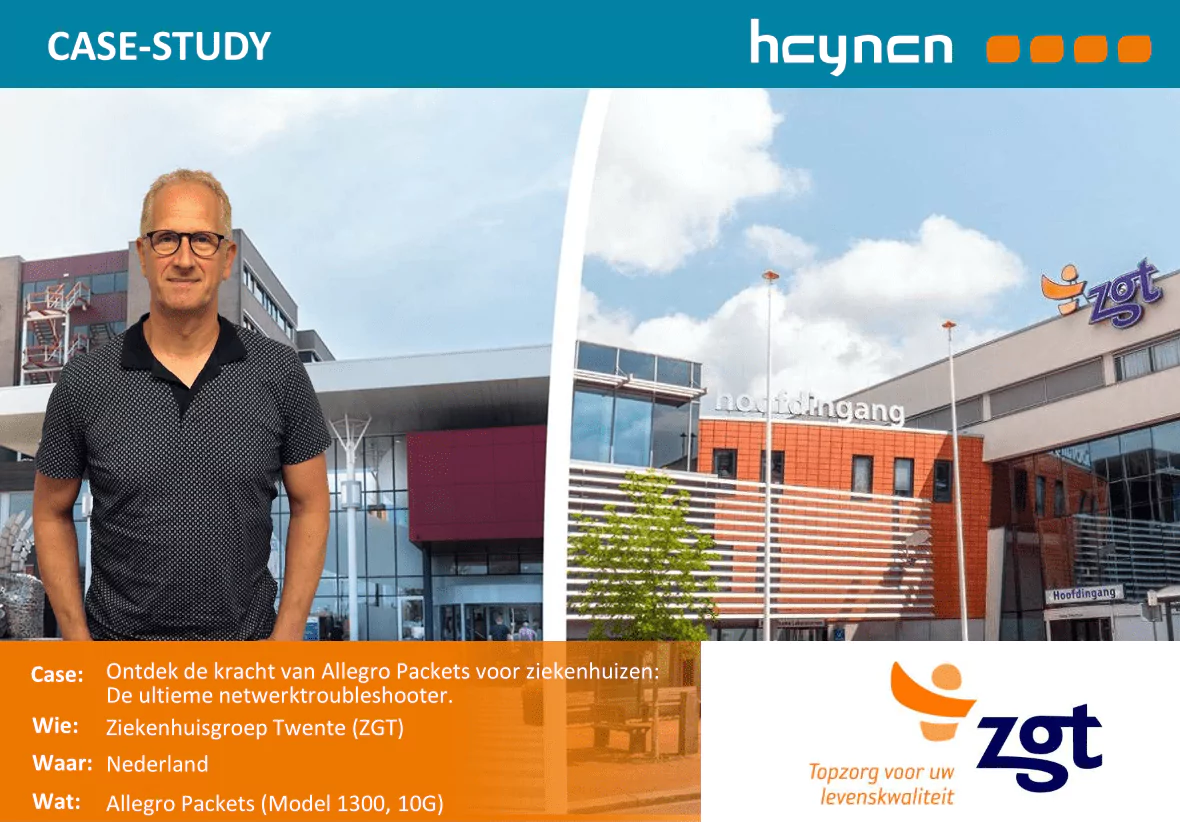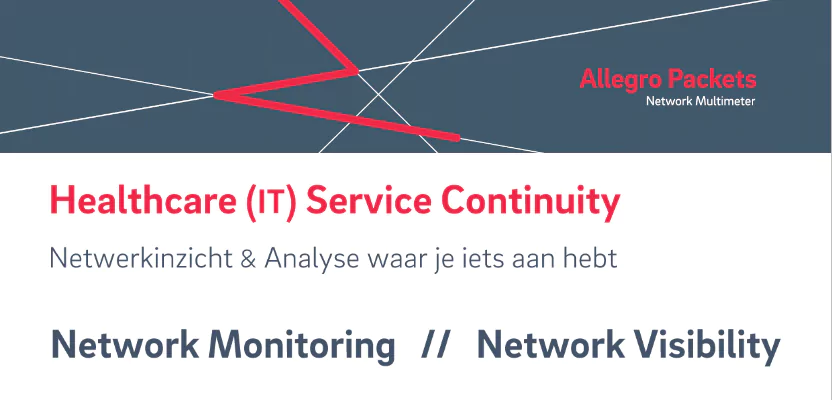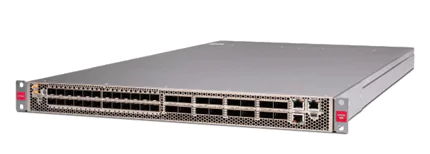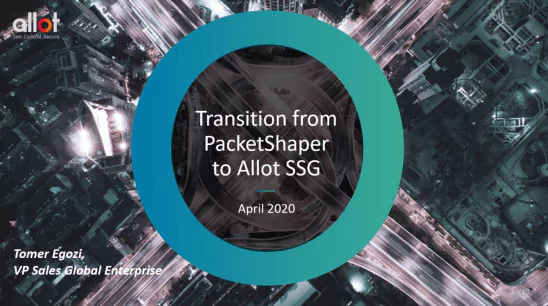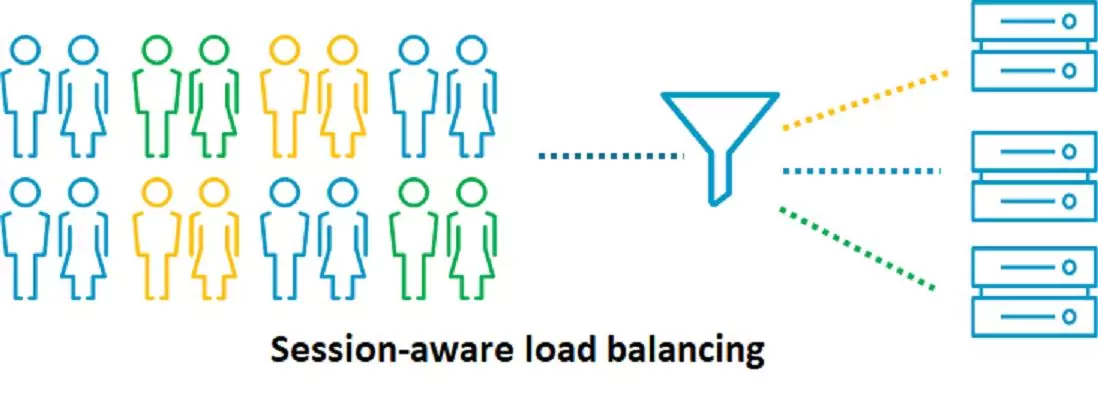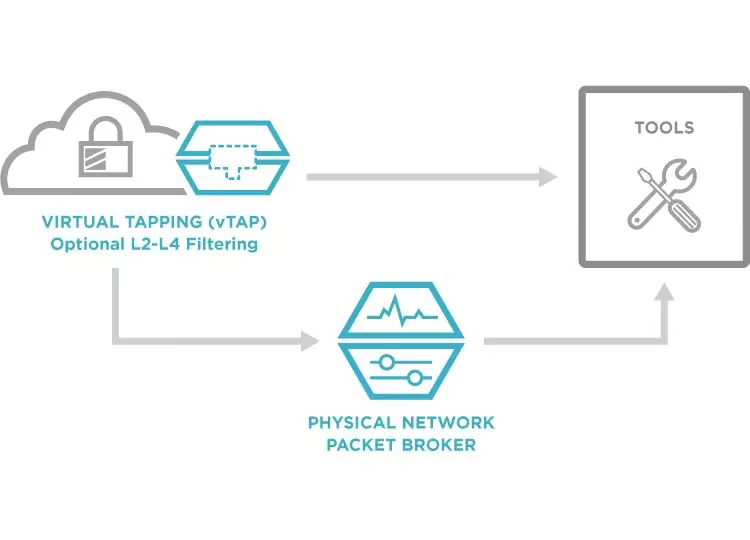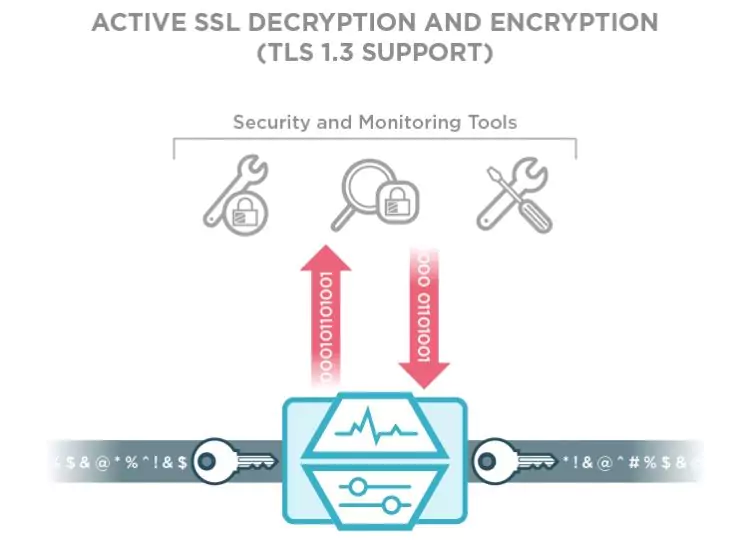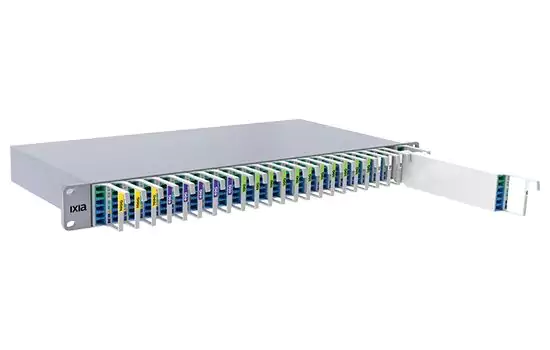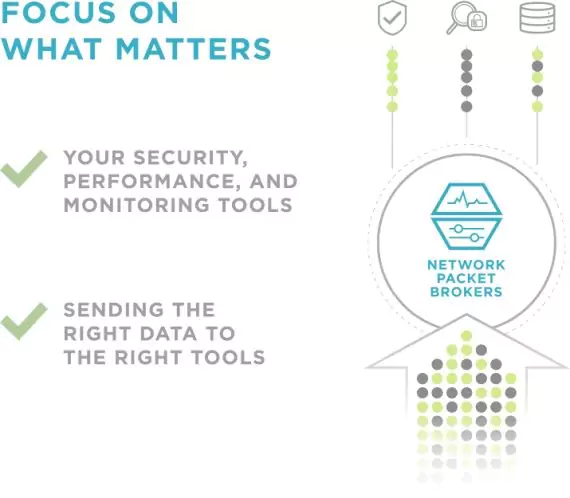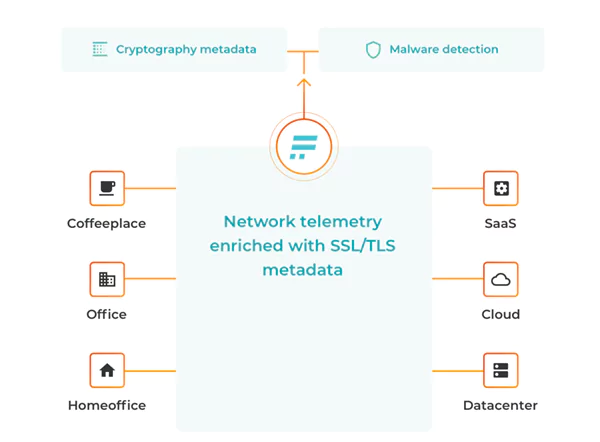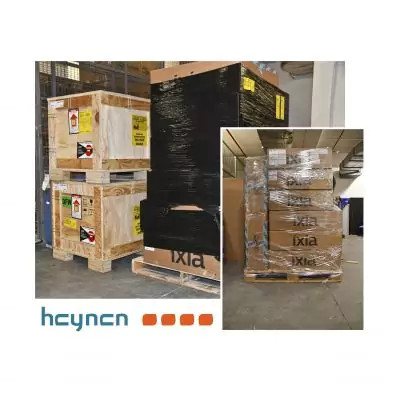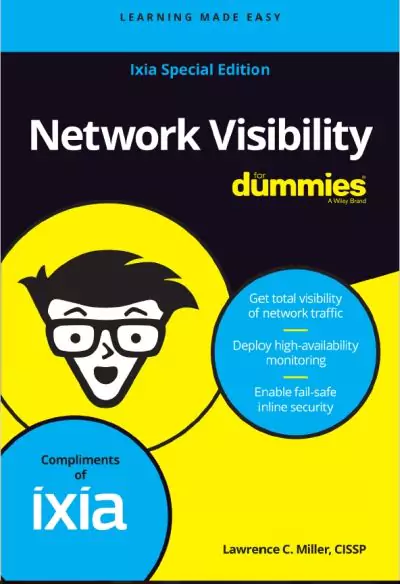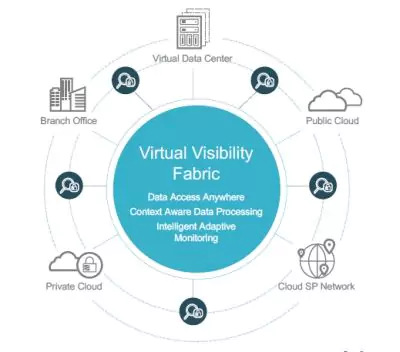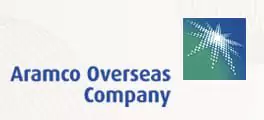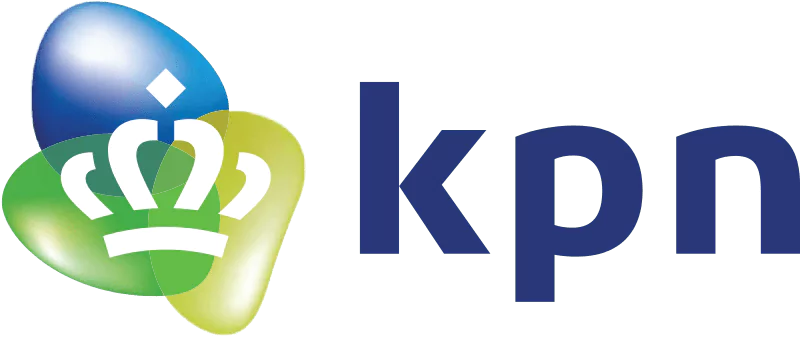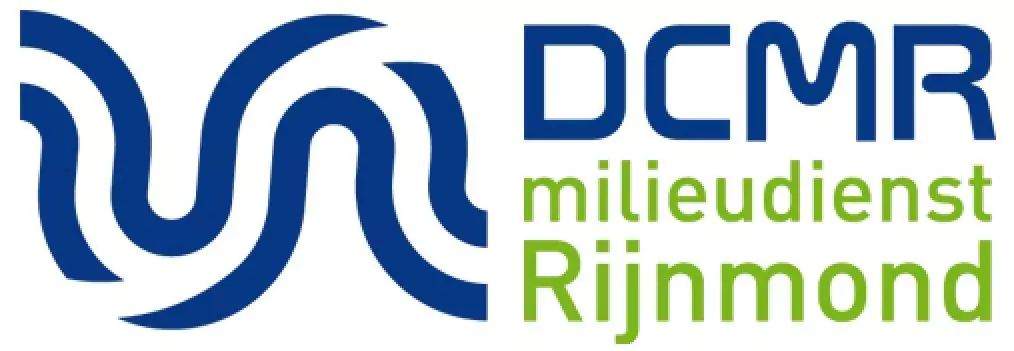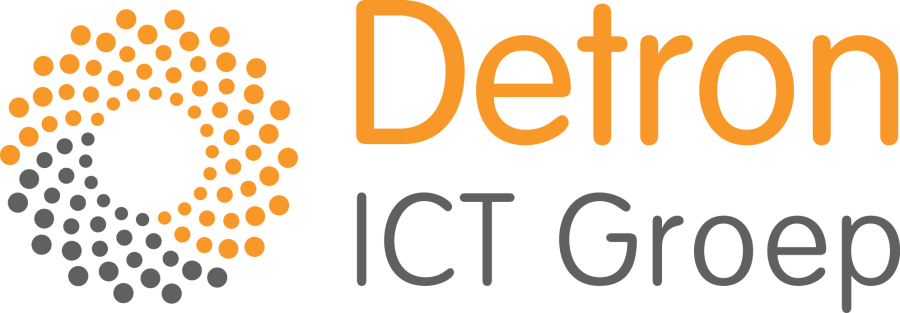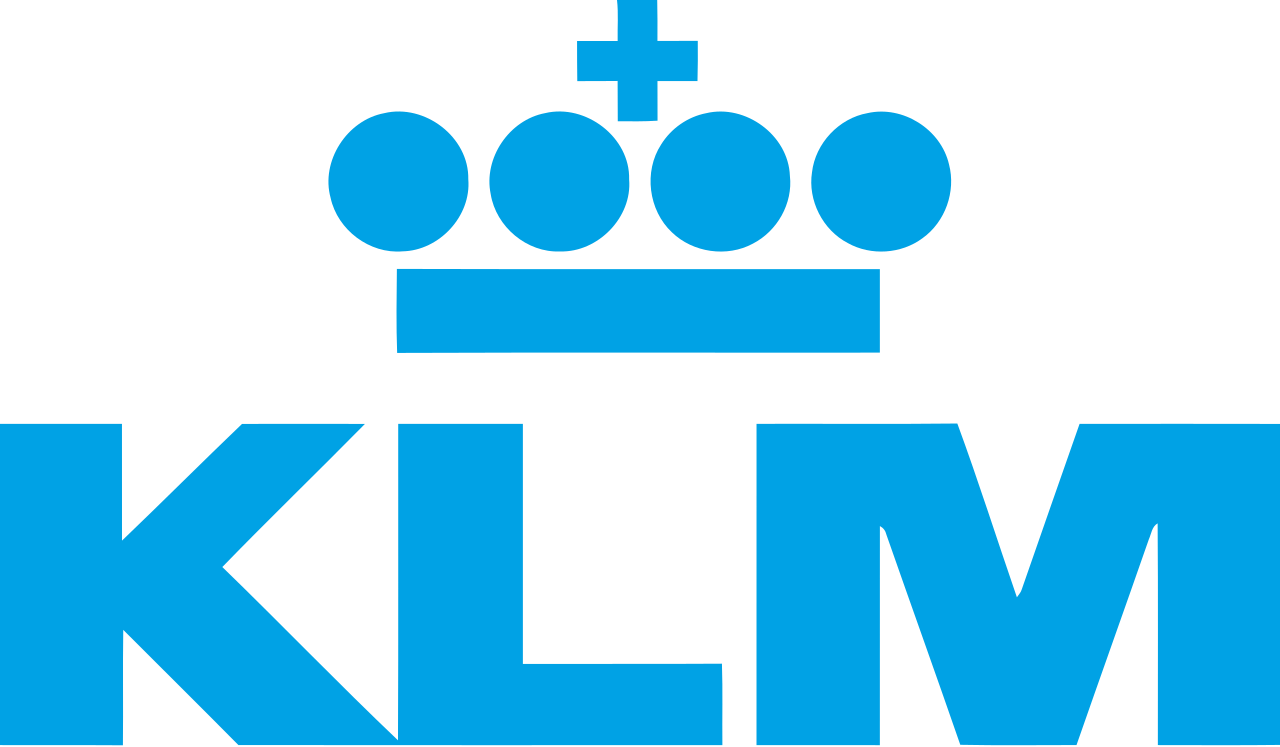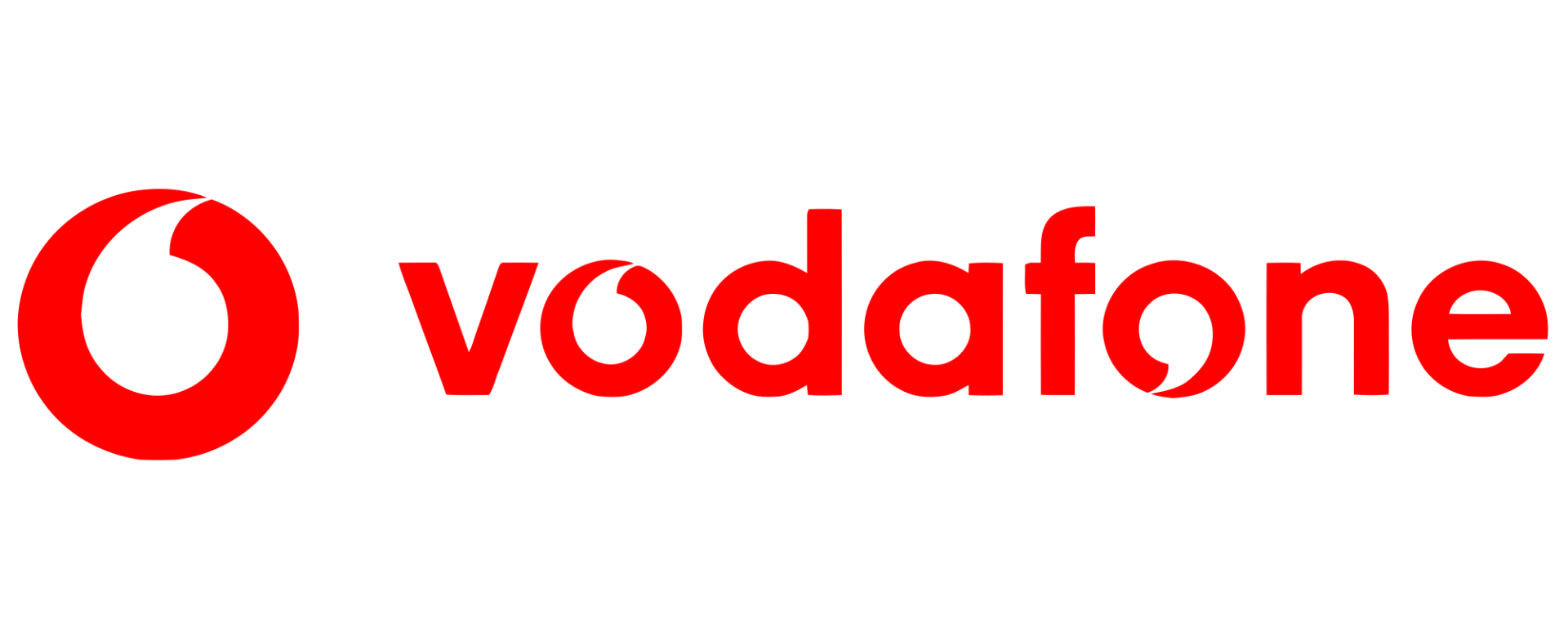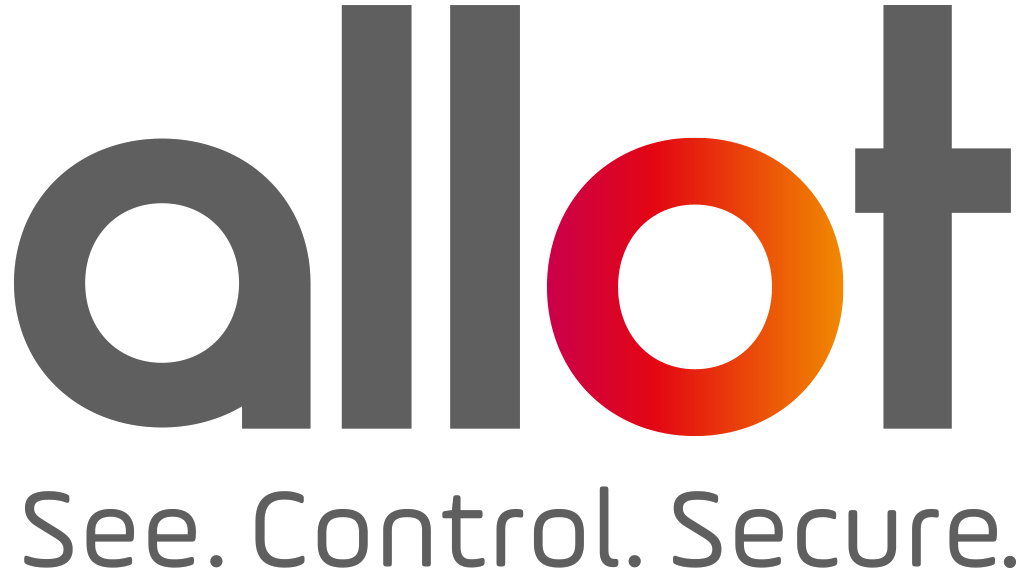Allegro Packets now supports monitoring and analyzing IEC-104 and GOOSE, for solving and preventing smart-grid problems
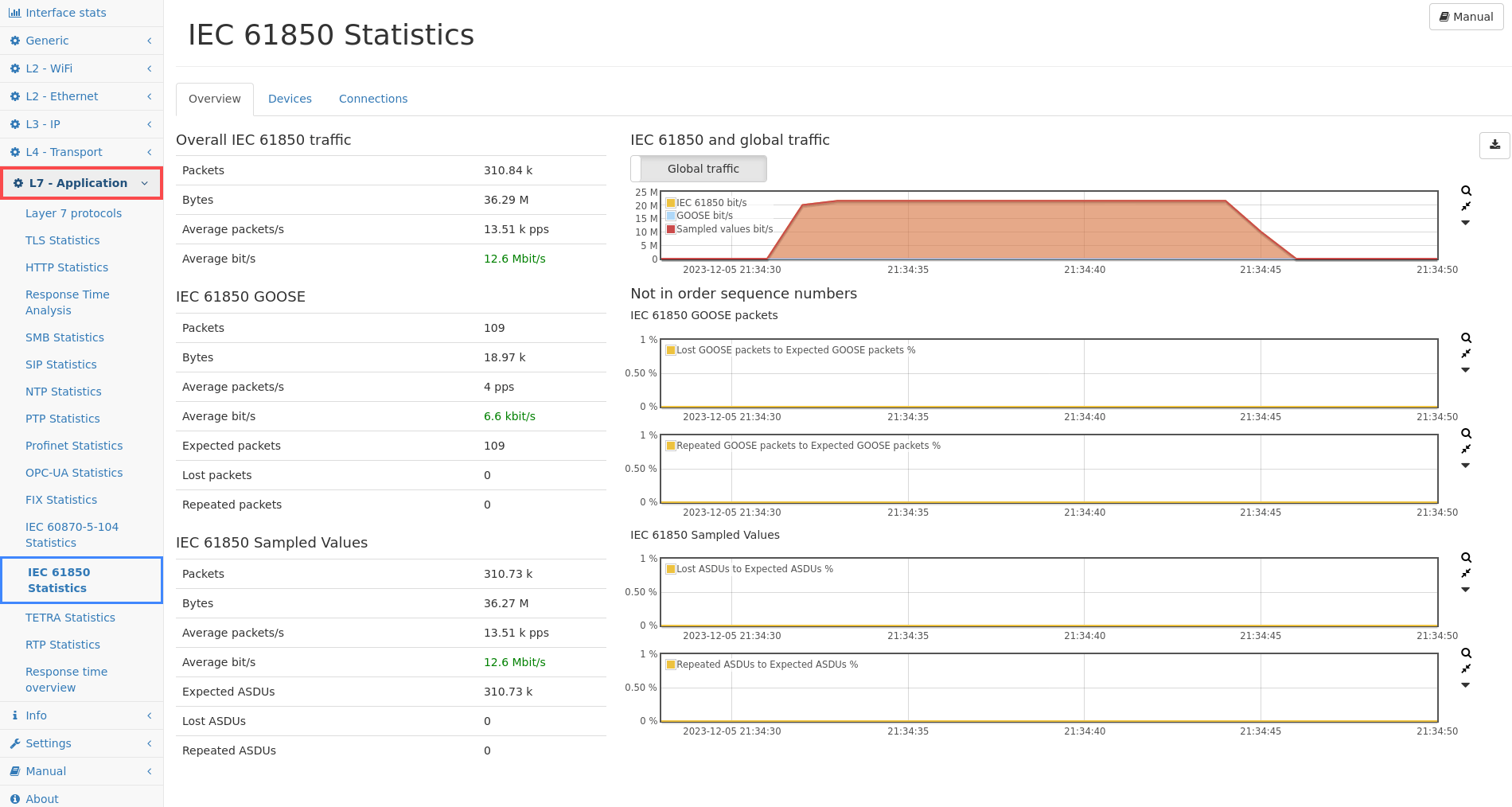
Automation of substation control systems in the power industry, uses different standards and protocols.
The most commonly used for SCADA are the IEC60870, DNP3 and IEC61850 protocols.
SCADA (Supervisory Control And Data Acquisition system) involves collecting the process information (data) via a Remote Terminal Unit, sending it back to the central location, performing the necessary analysis + control and then displaying that information on a number of operator screens or displays.
Subsequently, the required control actions are then sent back to the process.
IEC-60870-5-104, abbreviated IEC-104, is specifically designed for SCADA, and is used in applications where it is necessary to communicate outside the electrical substation systems...for example, when connecting substation devices by means of a "circuit breaker", controlled remotely from a network control centre.
IEC-61850-GOOSE, or GOOSE for short, is one of the most prominent communication standards used by the smart grid community because of its high scalability, interoperability with multiple vendors as well as support for different input and output devices.
The GOOSE (Generic Object Oriented Substation Event) protocol is a communication model, which uses fast and reliable mechanisms to group various data (status, value) into a data set, and pass them through within a time frame of 4 milliseconds.
Unlike IEC-104, GOOSE is mainly used in data exchange between IEDs (IED - Intelligent Electronic Device) within electrical substations.
Allegro Packets supports the monitoring and analysis of IEC-104 and GOOSE, among others, so that specific smart-grid problems can be solved extremely quickly and possibly prevented.



